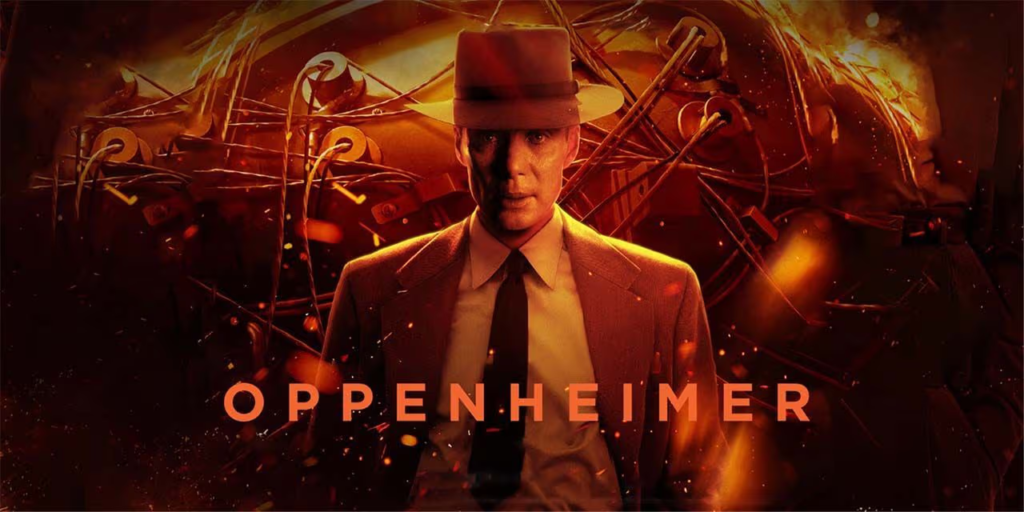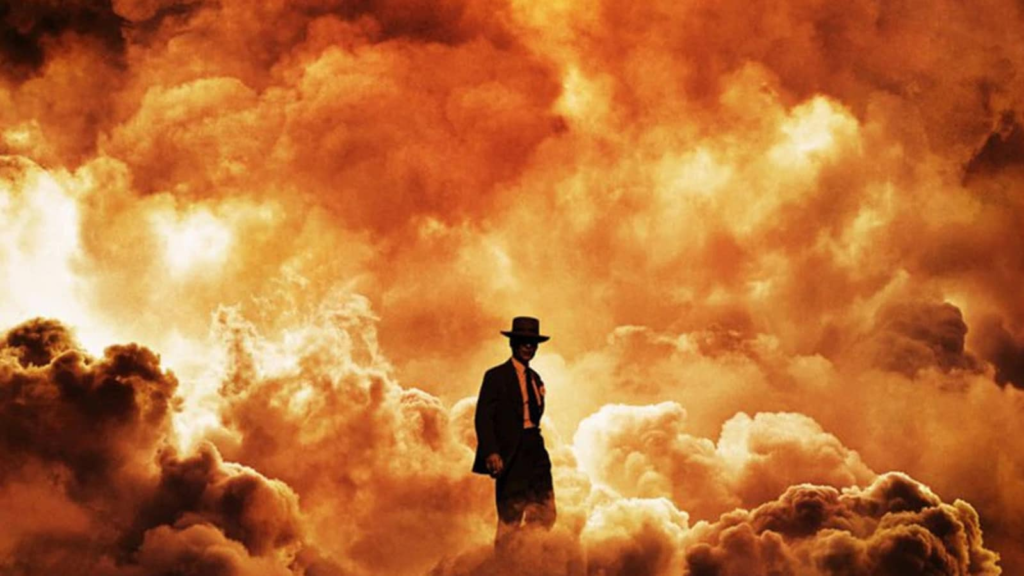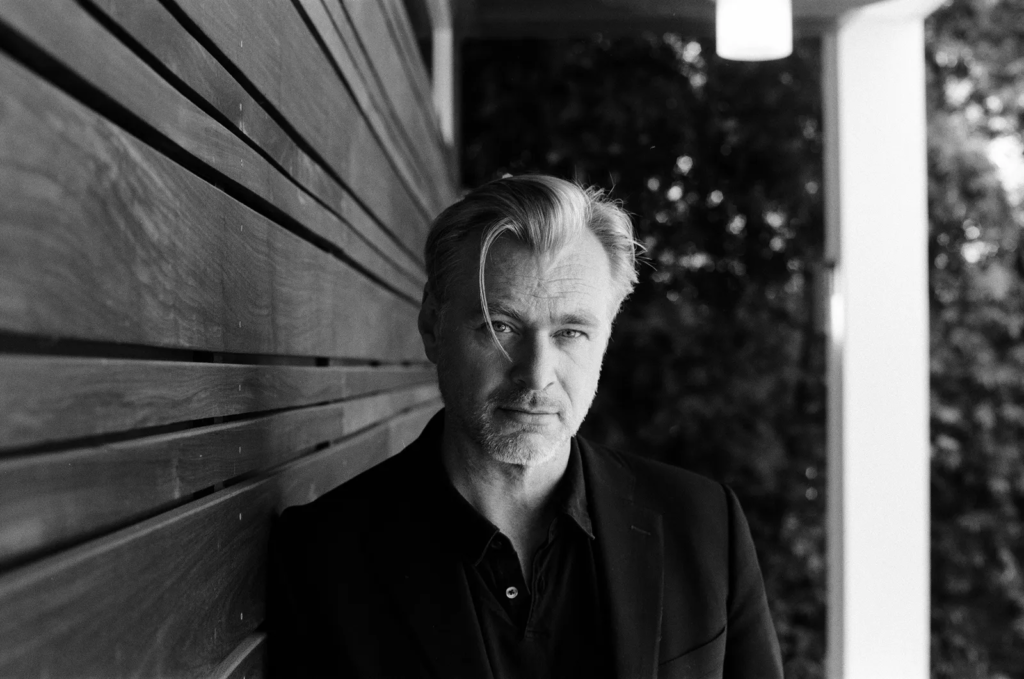Christopher Nolan, acclaimed director known for his mind-bending films, is taking a leap into history with his upcoming biopic on J. Robert Oppenheimer. While at first, it may seem like an unexpected choice, Nolan’s fascination with science and his exploration of the human mind in his previous works make it a compelling project. In an interview, Nolan discusses his deep-rooted interest in Oppenheimer‘s story and draws parallels between the development of artificial intelligence (AI) and the atomic bomb. Through his film, Nolan aims to shed light on the consequences of unleashing powerful technologies and the importance of taking responsibility for their implications.
The Inspiration Behind Oppenheimer

Nolan reveals that his fascination with Oppenheimer’s story has been brewing for years. He is intrigued by the idea of scientists grappling with the immense power of the atomic bomb and the weight of their decisions. The film delves into Oppenheimer’s personal journey, highlighting his brilliance, charisma, and managerial skills that brought together a diverse group of scientists. Nolan emphasizes the dramatic nature of the atomic bomb, not only as a historical event but also as a pivotal moment when humans realized they possessed the capability to wipe out all of humanity.
Parallels between the Atomic Bomb and AI

Drawing upon the recent discussions on generative AI and its potential impact on society, Nolan sees similarities between the atomic bomb and AI as cautionary tales. While acknowledging that the origins of these technologies differ, he notes that both have the potential to reshape the world and pose significant risks if not properly regulated. Nolan highlights the responsibility that comes with the development and deployment of such powerful tools. He believes that attributing godlike characteristics to AI can lead to an abdication of human responsibility, echoing the importance of avoiding false idols throughout history.
The Fear of Nuclear War and AI Apocalypse
Having grown up in the 1980s during the Cold War, Nolan recalls the palpable fear of nuclear war that permeated society. He acknowledges that as time passes, people tend to move on from such fears and shift their concerns to other pressing issues. However, he emphasizes that the underlying danger remains. Nolan draws a parallel to the fear surrounding the rise of AI and the potential for an AI apocalypse. He highlights the need for balanced discourse, where genuine concerns are addressed without succumbing to unnecessary panic or disregarding the real dangers that AI presents.
Responsibility and Regulation in the Age of AI

Nolan engages in a discussion on the governance of AI and technology. While some argue for the establishment of an international agency to regulate AI, he is skeptical of this approach. Drawing from Oppenheimer’s story, Nolan reflects on the complex relationship between science, government, and the responsibility of inventors. He believes that it is disingenuous for tech companies to advocate for regulation while simultaneously evading geographical limitations and circumventing government oversight. Nolan highlights the need for a collective effort to address the challenges posed by AI, considering both its potential benefits and risks.
Differentiating AI from Nuclear Weapons
Nolan acknowledges a fundamental difference between nuclear weapons and AI. He explains that nuclear weapons are tied to specific ingredients and physical processes, making it easier to detect when a country is pursuing their development. In contrast, AI’s exponential growth and potential to teach itself raise concerns about its regulation and potential misuse. While acknowledging the challenges associated with AI, Nolan maintains that a balanced perspective is necessary, refraining from unnecessary fear-mongering while addressing the real risks.

Christopher Nolan’s forthcoming biopic on J. Robert Oppenheimer explores the personal and historical aspects of the atomic bomb’s development, highlighting the immense responsibility that comes with wielding such power. Nolan draws parallels between the atomic bomb and AI, emphasizing the need for responsible development, regulation, and ethical considerations in the age of emerging technologies. By exploring Oppenheimer‘s story, Nolan aims to raise awareness about the consequences of unleashing powerful technologies without proper understanding and oversight. Through his film, he prompts viewers to reflect on the importance of taking collective responsibility and making informed decisions to shape the future of AI and other transformative technologies.
